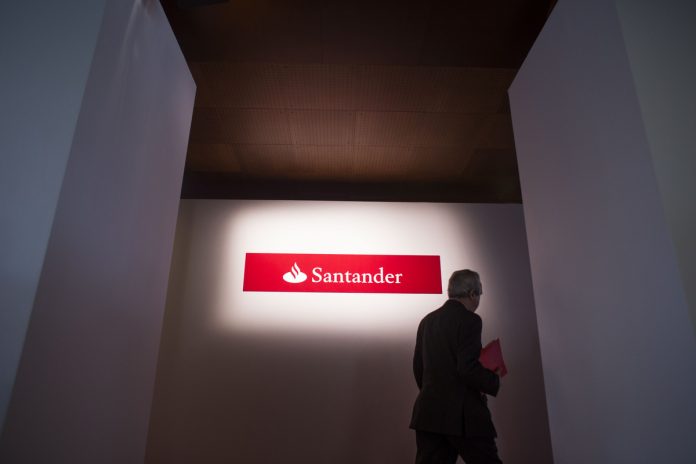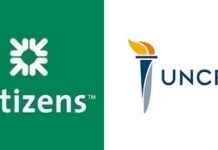
NEW YORK – Banco Santander SA reported a profit of $9.22 billion in 2018, an increase from $7.46 billion in 2017.
Gross income for the year was $57.14 billion, an increase from $54.54 billion in 2017. Net interest income totaled $40.52 billion in 2018, an increase from $38.65 billion in 2017.
Total deposits in 2018 were $893.67 billion, a 0.4 percent increase from one year prior.
Assets totaled $1.67 trillion, an increase of 1 percent from the previous year. Loans and advances to customers totaled $1.01 trillion, a 4 percent increase year over year.
Profit for the company’s United States operations totaled $651.4 million in 2018.
The company said it is seeking to put the botched hiring of Andrea Orcel behind it, with a promise to lay out a new three-year plan this spring.
The lender’s efforts to turn the page were aided by better-than-expected fourth-quarter earnings that helped the Spanish retail banking giant meet the targets of its previous three-year plan.
While Santander had insisted that Orcel’s hiring wouldn’t mark any change of strategy, tapping an investment banker best-known for his ability to close merger and acquisition deals raised speculation about a return to the buying spree the bank undertook when Chairman Ana Botin’s father, Emilio, was at the helm of the Spanish lender.
“The board came – after a very diligent process – to the conclusion that the amount that Santander would have to assume for his buyout was something that was not right for us as a retail commercial bank,” Botin said in a Bloomberg TV interview about the failed attempt to hire Orcel. CEO Jose Antonio Alvarez has “total confidence of markets and of the board,” she said.
While profit jumped by more than a third in the quarter, a decline in earnings in the U.K. and slowing growth in Brazil underscore the challenges ahead. The bank will outline how those issues will be tackled at its investor day on April 3, it said in a statement on Wednesday.
“We’ll continue with the same strategy,” Botin said in the interview. “We’re very, very focused on digital transformation, building global platforms so we can take advantage of our scale.”
The bank has made few public statements about what a new plan could entail, simply saying that its future lies in further digital transformation and the integration of platforms across its global business. But its actions have pointed at more prudence and cost-cutting.
The U.K. business, which represents about 13 percent of earnings, was a weak link for Santander in the quarter, with a 3.7 percent decline in profit.
“We had to invest a lot in ring-fencing and other regulatory projects,” Botin said. “We believe that the sector is ready for Brexit. There is one thing that would harm the economy, and that would not be good for our customers, would not be good for SMEs, and that’s a no-deal Brexit.”
Santander surprised investors with the magnitude of its increase in core capital levels in the third quarter after previously insisting it could afford weaker capital compared to its peers because its core business of lending is less volatile than investment banking.
The bank’s CET1 fully loaded ratio rose to 11.3 percent, a 125 basis-point gain over three years. Santander said on Wednesday that it’s midterm goal is a ratio of 11 percent to 12 percent.
Key highlights
Spain was the star performer with profits growing 31 percent, boosted by Santander’s acquisition of Banco Popular. Capital levels rose again in the quarter after jumping 31 basis points in the previous three months. Santander trails its European peers significantly on core capital buffer levels, something that has concerned investors.
Quarterly net interest income surprised on the upside, growing to $10.7 billion, beating estimates. Net income rose 34 percent to $2.5 billion, also exceeding estimates. Brazil continued to lead profits with income growing 3 percent in the period. U.K. profits fell 3.7 percent. With Brexit approaching, investors want to know what the implications might be for a unit that represents about 15 percent of the group’s profit.
Charlie Devereux is a reporter for Bloomberg News. PBN contributed to this article.












